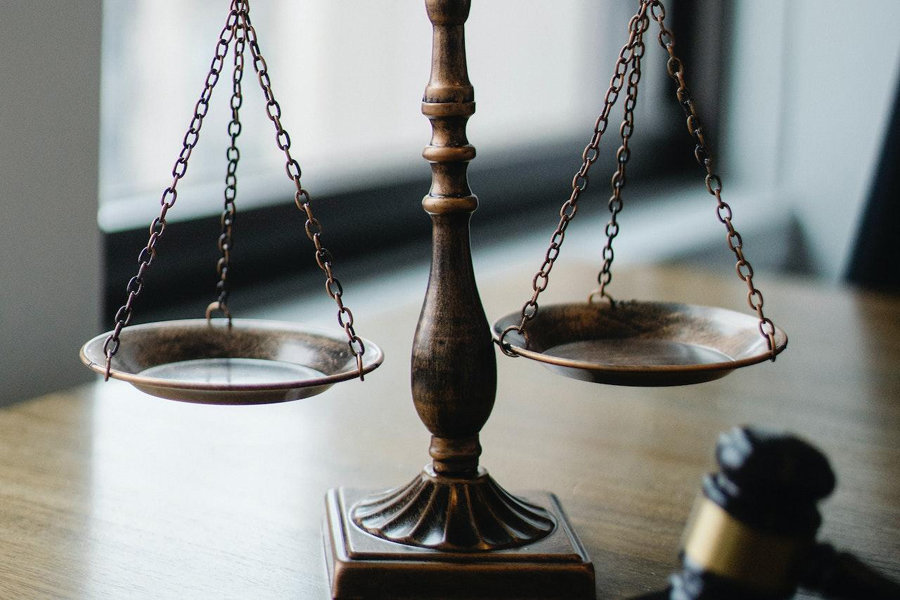-
Location: New Jersey DWI Lawyer 609 Main St. Toms River, NJ - 08753
-
Phone:
201-214-4444
732-282-1394 (1DWI)
A criminal attorney in New Jersey can be your best friend when facing a criminal charge. Seeking legal counsel is important.
Many people hire a competent criminal attorney in New Jersey seeking to avoid criminal punishments and the collateral effects of a criminal record. A skilled lawyer should employ effective strategies to defeat or mitigate a prosecution.
Criminal Law
The Criminal Law of New Jersey defines offenses and punishments within the jurisdiction.
Legislation classifies offenses into distinct categories, including non-indictable and indictable offenses predicated upon their gravity. Additionally, the criminal code, along with common law, outlines the rights of criminal suspects and offenders.
What Constitutes A Crime?
Specific factors must be established for an act to be legally deemed criminal. Here are common aspects of criminal offenses:
Actus Reus (Guilty Act)
Actus Reus or guilty act refers to the physical action or conduct that constitutes the crime. A crime can’t be committed solely through thoughts or intentions. For instance, theft involves the actual taking of someone else’s property.
Mens Rea (Guilty Mind)
Men Rea pertains to the mental state or intention of the offender while committing the act. Different crimes require different levels of intent, ranging from knowingly to recklessly and negligently. For instance, a premeditated murder requires a higher level of intent than involuntary manslaughter.
Concurrence
The concurrence principle states that the guilty act (actus reus) and the guilty mind (mens rea) must occur simultaneously. Both elements must coincide for a crime to take place.
Causation
A crime requires a causal link between the defendant’s action and the resulting harm or consequence. The prosecution must establish that the defendant’s action caused the alleged harm suffered.
Harm
A crime typically involves some form of harm, whether physical, emotional, or financial. The level of harm caused goes to determining the severity of a crime and the ensuing penalties.
Legality
To sustain a criminal charge, the act in question must be prohibited by law. The Legality principle prevents arbitrary prosecution and intends that citizens clearly understand definitions of illegal acts.
Attendant Circumstance
Some crimes require specific circumstances to be present for the act to be criminal. For instance, driving under the influence offenses requires the presence of alcohol or drugs.
Causation
The Causation aspect demands that the defendant’s actions must have caused the alleged harm. Proving a causal link is essential to establishing criminal liability.
Defenses
Affirmative defenses afford the accused opportunities to challenge their criminal liability. These can include self-defense, duress, insanity, and necessity.
The interplay between elements such as guilty act, guilty mind, causation, and harm shapes how legal systems determine criminal culpability. These aspects are part of a fair and equitable approach to handling criminal cases, balancing the rights of individuals with the broader interests of society.


